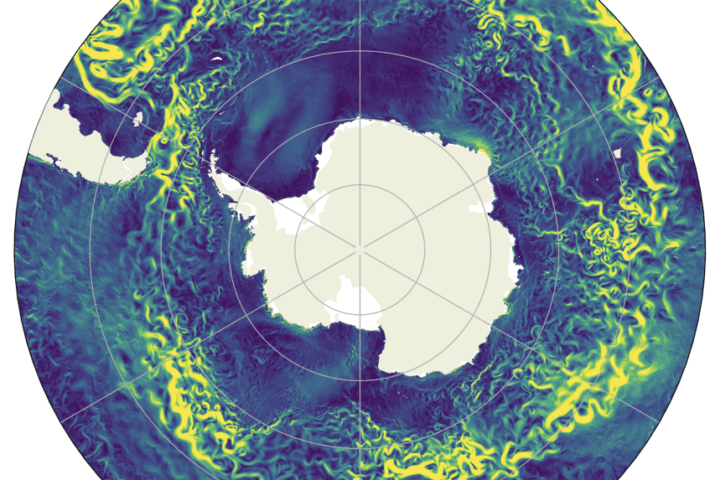From Climate & Capitalism
Summary
Disturbing research reveals that extreme heatwaves in 2023 have severely weakened the Earth’s natural ability to absorb greenhouse gases, leading to record-high atmospheric carbon dioxide levels. The land’s capacity to act as a carbon sink has declined significantly, driven by wildfires and droughts, suggesting that ecosystems are reaching their limits in mitigating climate change.
Highlights 🌍
- Extreme Heat Impact🔥: 2023 heatwaves diminished land’s carbon absorption.
- Record CO2 Levels 📈: Mauna Loa Observatory reported an 86% rise in atmospheric carbon.
- Weakening Carbon Sink 🌱: Land’s absorption fell to one-fifth of its usual capacity.
- Wildfires and Droughts 🌪️: Significant vegetation loss in Canada and the Amazon.
- Amazon Strain 🌳: Key carbon sink regions shifting from absorption to emissions.
- Underestimated Risks ⚠️: Current models may not fully account for extreme events.
- Urgent Action Needed ⏳: More ambitious emission reductions are essential to meet climate goals.
The extreme heatwaves of 2023, which fueled huge wildfires and severe droughts, also undermined the land’s capacity to soak up atmospheric carbon. This diminished carbon uptake drove atmospheric carbon dioxide levels to new highs, intensifying concerns about accelerating climate change.
Measurements from Hawaii’s Mauna Loa Observatory showed that atmospheric carbon concentrations surged by 86% in 2023 compared to the previous year, marking a record high since tracking began in 1958. Despite this sharp increase, fossil fuel emissions only rose by about 0.6%, suggesting that other factors, such as weakened carbon absorption by natural ecosystems, may have driven the spike.
Typically, land absorbs roughly one-third of human-generated carbon dioxide emissions. However, research published in National Science Review on October 22 reveals that in 2023, this capacity fell to just one-fifth of its usual level, marking the weakest land carbon sink performance in two decades.
Read the full post at Climate & Capitalism.





